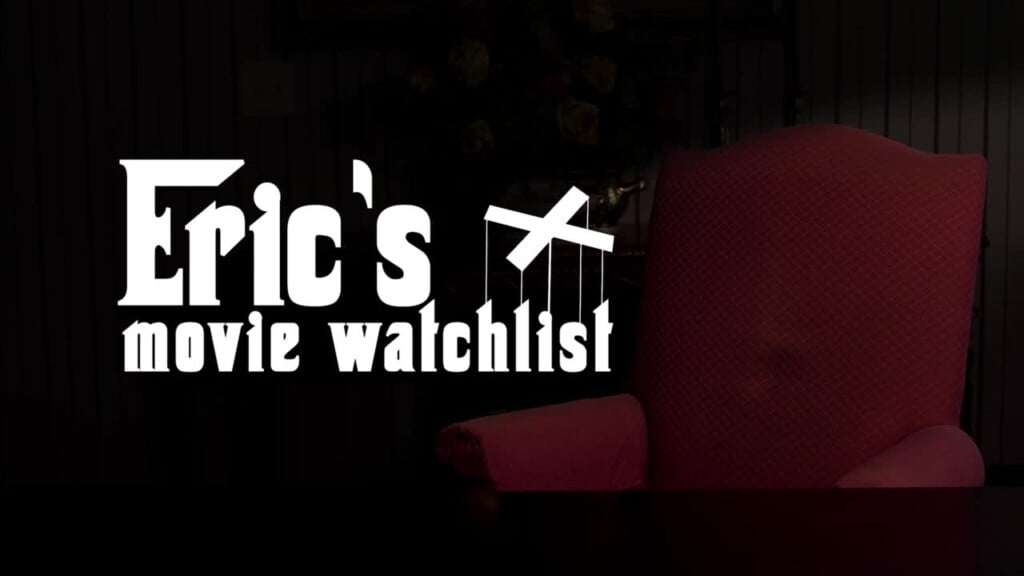Posturing Part of State Budget Narrative
By Emily Wagster PettusAssociated Press
JACKSON – Writing a state budget is not only about numbers. It’s also about narrative.
With most Mississippi lawmakers seeking re-election in 2015, everyone who helps write the budget, or simply votes for it, will be eager to tell constituents that the spending plan is one of the strongest and most efficient in state history. Lawmakers who vote against the budget, or who see their ideas ignored, will criticize the plan as woefully inadequate to cover the needs in education, health care or other areas.
It’s a narrative told with slight variations every year. Lawmakers’ tone is often self-congratulatory, regardless which political party is in control.
The Republican-led Joint Legislative Budget Committee will hold public hearings Sept. 30 through Oct. 3 to consider state agencies’ spending requests for fiscal 2016, which begins next July 1.
Work continues during the final months of this year with the release of two proposed budgets for FY16 — one from the committee and one from Republican Gov. Phil Bryant. The legislative session begins in early January. If things run on schedule, the full House and Senate will adopt a budget by late March and the session will end in early April.
To prepare for the upcoming hearings, the Budget Committee asked agency leaders to answer 26 questions. The Associated Press obtained a copy of the questions, many of which revolve around a theme of efficiency. Lawmakers ask how agencies have spent money they received in the past, and how taxpayers were served by that spending.
Several questions reveal clues about possible policy debates and the budget narrative that will develop the next few months. One question asks agency directors if they’d like “freedom from the Personnel Board,” which means lifting civil service protection from some state jobs and making it easier to hire and fire workers.
Among the other questions:
“11. Over the past 5 years (FY 2010-2015), how much have your costs risen as it relates to state health insurance and the employer contribution for PERS?”
Bipartisan narrative: Insurance and the Public Employees Retirement System are expensive and important to state government workers. Lawmakers want to show they’re taking care of pocketbook issues for those workers, who are very likely to vote in the 2015 elections.
“12. Speaking of health insurance, what impact — in terms of increased costs, increased regulatory burdens, or both — has Obamacare had on your agency?”
Narrative: Republican leaders, joined by conservative Democrats, say the federal health overhaul is expensive, burdensome and doomed to fail. Democratic leaders say Republicans are so determined to make political points by criticizing President Barack Obama that they’re willing to reject billions of federal dollars that Medicaid expansion would bring to one of the poorest states in the nation.
“13. Are there any state statutory or regulatory changes that would help your agency operate more efficiently and spend taxpayer dollars more wisely? Are there regulations coming from the federal agencies that are affecting your budget? Explain what those changes are and how they would help your agency.”
Bipartisan narrative: Legislators want to show they’re willing to cut through burdensome regulations.
“22. If we are faced with having to fully fund MAEP this year and you are faced with budget cuts, what are you going to cut?”
Narrative: The Mississippi Adequate Education Program is supposed to give school districts enough money to meet midlevel academic standards. The formula has been fully funded only twice since it was put into law in 1997, both times during election years. Fully funding K-12 education could mean saying no to spending requests from other government programs.





Leave a Reply